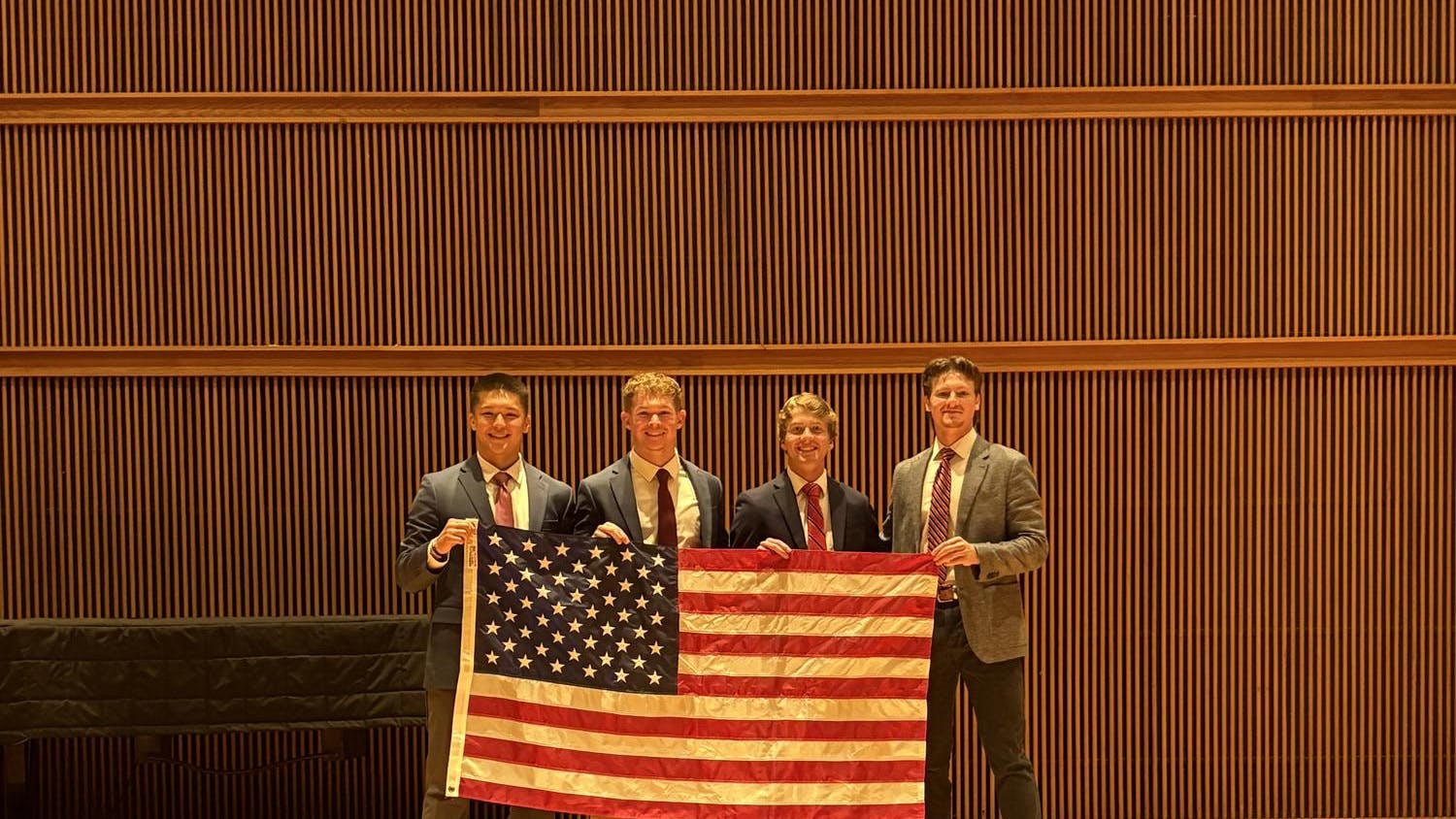The Taylor University Life Together Covenant (LTC), begins with a simple summary of what we’d all hope Taylor to be: “A community of Christians intentionally joined together for academic progress, personal development and spiritual growth.”
Much of the document also outlines the vision of a Christian community of Taylor — and the importance of brothers and sisters of Christ to carry each other’s burdens and lift one another up.
In chapel services, speakers often emphasize the importance of unity within our Taylor community and recognize the significance of a large community of people driven towards the same goals.
However, as special as Taylor’s community is, there are times it feels less like one tight-knit group of people, and more like a loosely connected group of small communities.
Taylor is unique for its larger community, but also its smaller communities. While not literally assigned, many of us have assigned seats in the dining commons and assigned seats in chapel based on where we live. That isn’t normal for most universities. Traditions, friendships, even what we study can be heavily influenced by what our “group” is doing on campus.
While there’s nothing wrong with having a group or a circle that represents a smaller and closer community, and in fact is a good thing, it can become a problem when these smaller communities become more than that, and we lose sight of the overall community for the sake of our smaller group. Essentially, Taylor’s community can be conducive to cliques, and it's important to intentionally separate from that.
Avoiding “siloing” yourself — as Samuel Morris Hall Director Josiah Peterson puts it — to your smaller community is an important first step.
“There needs to be some commitment,” Peterson said. “Intentionally participate in class and try to connect with those and meet people outside your group.”
Peterson used the example of intramurals at Taylor, which can be used to either sow division or unity among floors and wings on campus.
“There’s a huge opportunity to grow division in intramurals through competitiveness, but there’s also a huge opportunity to grow unity by coming together and playing a sport,” Peterson said. “We all are living together, going to the DC together and going to chapel together, and how you act in those thirty minutes (of a game) will influence that.”
It’s important to find opportunities to interact with those outside your group. Relationships are built, harmful stereotypes can be broken and the Taylor community as a whole, benefits.
Advancement Content Developer Sara James said it's key to get to know those outside your group on a personal level.
“If you don’t get to know the individuals who are a part of things, then it’s really easy to stereotype or to assume things about a group of people,” James said.
On the other hand, it's important to not judge those who “leave” a group or don’t participate in the same activities as the rest of their floor, club or department. Encouraging others to spend time with their different, smaller communities can be a beneficial way in strengthening.
Each of us have our ideas of what the groups around ours look like, talk like, think like and act like. Sometimes, these can be harmless and lighthearted. Other times, they can allow us to view people on a personal level through a different lens. How many times do we assume things based on someone’s major or where they live on campus? And even worse, how many times do we let these assumptions deter us from getting to know someone?
So, be intentional about getting involved outside of your group and remember: this community is special because its members profess a faith in Christ. It’s important to come alongside those who aren’t a part of the smaller group as well.
“We all belong to each other,” James said. “Get to know people from other places and people of different persuasions.”




